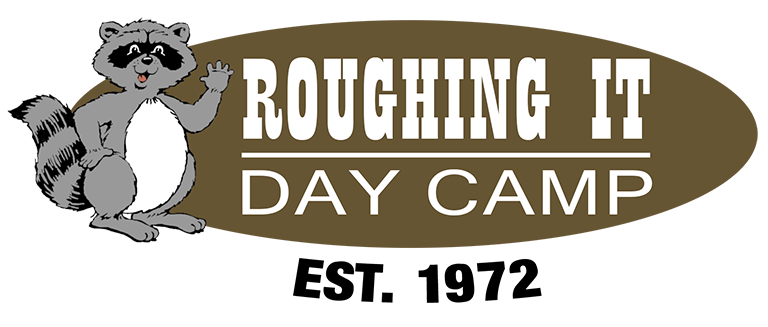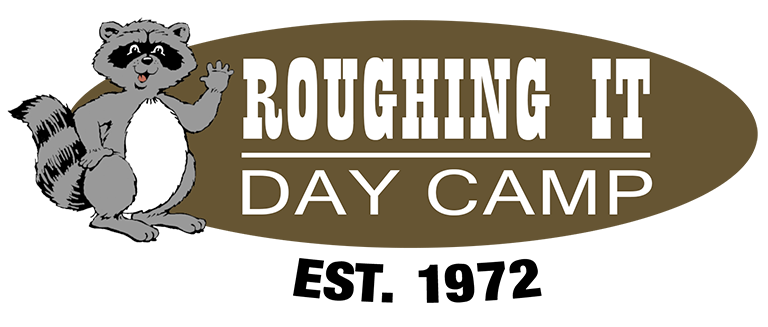Tips for Preparing for Camp
Preparing for camp can be exciting, especially if it is your child’s first time attending. Knowing what to anticipate, and taking care of a few key pieces ahead of time will make that first day a breeze.
What to Wear:
It’s best to keep attire sturdy and simple for camp. T-shirt and shorts or long pants and a pair of comfortable tennis shoes will ensure a safe and comfortable experience for your camper. Clothing that is too binding, exposes cleavage, midriff, or buttocks when bending or running is neither comfortable, nor appropriate for camp. Remember, your camper will be spending the day in active activities and will want to dress in attire that allows for ease of motion. Tip: Clearly mark your camper’s personal items with his or her name in case something gets misplaced during the day. Check your camp’s lost and found if one of your camper’s items goes missing.
Basic Items all Campers Need for Camp:
There is no need to purchase fancy clothing or gear for camp, however there are certain items that your camper will want during their stay. Below is a list of items that parents should send with their children to camp.
- Hat- Baseball cap, bucket hat, or outdoor sunhat are all great ways to stay protected.
- Water bottle- Include a water bottle in addition to your child’s beverage for lunch. Freeze the water bottle to create an extra icepack to keep lunch cool and then provide refreshing water throughout the day. Include your camper’s name on the water bottle in case it should get misplaced throughout the busy camp day.
- Sunscreen- Typically camps build I n time into their daily schedules for campers to apply and reapply sunscreen. Pack your child’s favorite SPF brand and remember to write your camper’s name on the bottle.
- Snack: Pack two snacks in addition to lunch for your camper. One for the morning and one for the afternoon. See our lunch packing tips blog post for great snack ideas.
- Lunch- Pack a lunch a soft insulated lunch bag, not one with hard edges. This will allow for the lunch to fit well into your camper’s backpack.
- Backpack: Lastly, pack all of your camper’s items into a sturdy backpack with comfortable shoulder pads. Rolling backpacks are not recommended. Include your camper’s name somewhere on or in the backpack.
Pack a Lunch with a Punch:
Packing a lunch for camp? Keep in mind your camper will be expending a lot of energy while at camp, and all of that extra play time makes kids hungry, really hungry. Keep your camper happy with a solid lunch that includes two snacks and a lunch meal that includes a protein, carbohydrate and fiber. Always include a reusable water bottle to keep your camper hydrated throughout the day. Follow these next tips to ensure a successful lunch experience for your camper:
- If you send any semi-perishable food products (meats, cheeses, mayonnaise, etc.) you need to freeze your camper’s beverage or water bottle and place it next to the semi-perishable food or freeze the food product.
- Beverages – Send water or natural juice boxes.
- It is always a good idea to freeze your camper’s water bottle and beverage.
- Small insulated containers and non-breakable thermoses (small) may be used for semi-perishable foods.
- During extremely hot weather it is best to use only processed/packaged food products.
- Alert your camp to any special dietary needs your child has, and check your camp’s policy regarding food sharing and special occasions.
- Do not bring perishable food items (cream based products and egg products besides hard boiled eggs.)
See the blog post: Camp Lunch Tips for some great lunch menus that will keep your camper energized well after closing circle.
Some Things Are Best Left At Home:
Most camps encourage campers to bring only the essentials with them camp (i.e. lunch, water and possible special gear needed like a swim suit). It is best to leave treasured stuffed animals, jewelry, candy and junk food, and electronics like cell phones, iPods, cameras, and video games at home. Talk to your camper about what their camp requests remains home well before the first day of camp to help prepare them emotionally for the transition. Remind them the items will be waiting for them when they return home.
Get Some Zzzzzs Before Camp:
According to Dr. Tracy Trotter, the Roughing It Day Camp doctor, getting enough sleep is essential to having enough energy required to participate in a full day of camp. She recommends the following amount of sleep needed Sunday through Thursday:
- Children ages 6 years and younger: 10-12 hours/camp night
- Children ages 7-10 years old: 9-10 hours/camp night
- Pre-teens and Teens: 8-9 hours/camp night
Rest and Rejuvenate After Camp:
- After a full day of camp your camper will be tuckered out, and in need of at least 10-20 minutes of rest. Have your camper rest in a quiet spot like in his or her bed. Keep the TV off and keep other noise to a minimum.
- Have a kid who just can’t calm down? This is a great time to read a story together aloud, or listen to an audio book together. Keep things mellow and calm. Your child will quickly be ready for the next event of the day.
- Older campers need quiet time too. Provide your older campers the opportunity to rest after camp as well by not scheduling additional activities for right after camp. Allow 20-60 minutes of relaxation time for your older camper to read a book, listen to soft music, or thumb through a magazine. Provide a healthy snack and beverage and you will be surprised to find your older camper willing to share details from their day.
With a little pre-planning your camper will feel ready and prepared for their first day of camp, and you will too.




